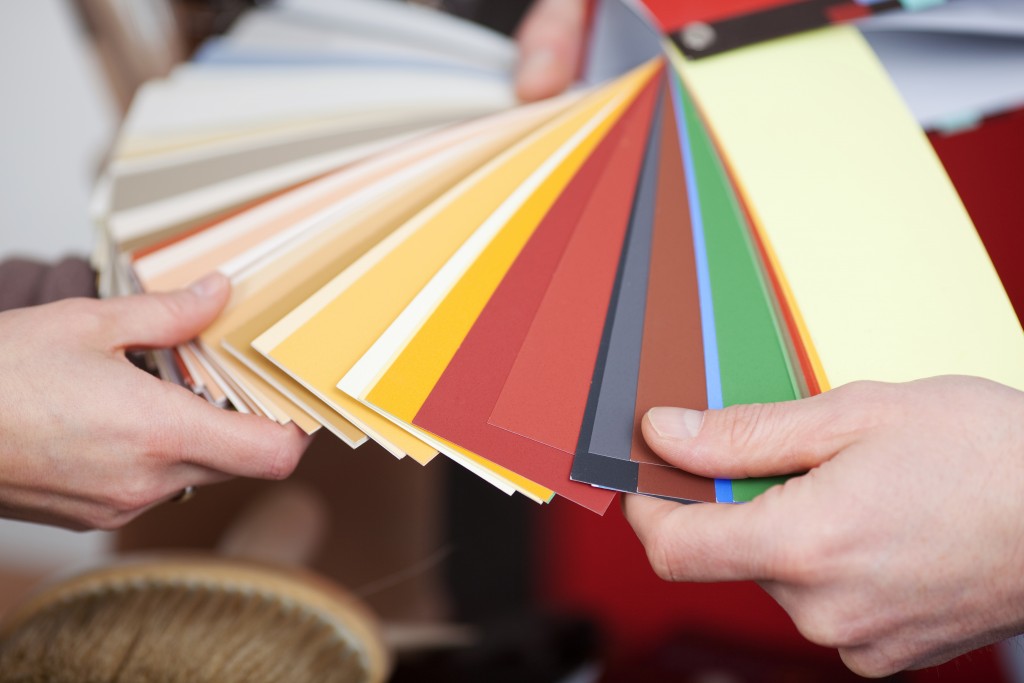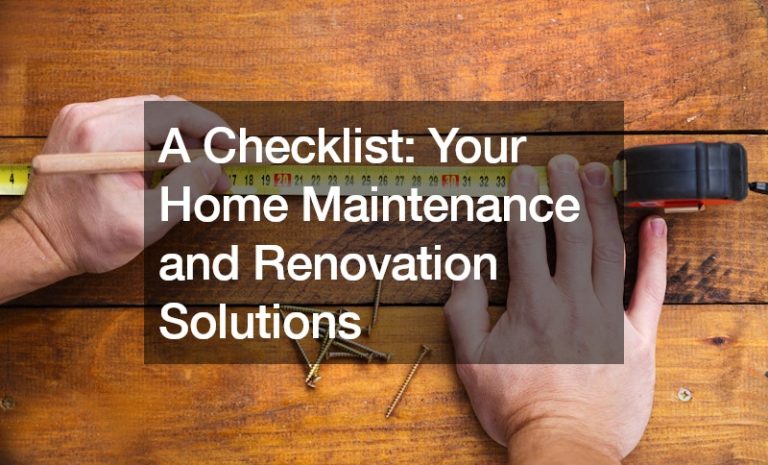When water damage occurs in your home, it is essential to take immediate action to prevent the problem from worsening. Water damage can lead to various issues, including structural damage, mold growth, and health problems for residents. To minimize the damage caused by water and ensure that your home is repaired correctly, it is essential to take action quickly and follow the proper steps.
Causes of Water Damages
Water damage can be caused by various factors, including floods, storms, and leaks. For example, a storm can cause damage to your roof, leading to leaks that allow water to enter your home. Water damage can also occur if flood water enters your home due to poor drainage. In many cases, water damage is the result of a natural disaster or accident.
However, there are also ways that water damage can occur in your home without any major event taking place. Poorly maintained plumbing can lead to water seeping into your home, which can cause damage to the structure of your home as well as your belongings. For example, a broken pipe can leak water into your home, causing damage to flooring, walls, and personal belongings.
How to Stop Water Damage From Spreading
If you have water damage in your home, it is important to take action immediately to prevent the problem from worsening. The first step is to remove any standing water from the affected area. This can be done by using a wet/dry vacuum or mopping the water with towels. You can also try using a dehumidifier to remove any remaining water from the air.
Once you have removed the standing water, it is essential to dry the area as quickly as possible. This can be done by opening windows and using fans to circulate air. It is also important to remove any wet materials, such as a carpet or a mat, as these can lead to mold growth. Mold can begin growing within 24-48 hours, so it is important to act quickly. Allowing mold to grow will only worsen the water damage and can lead to mold-related health problems for the entire household.
Repairing Water Damages
Once the affected area has been dried, it is essential to start the repair process. If you don’t deal with it immediately, the damage may only worsen and you will see more structural issues in your home. This can cause structural damage such as warping, cracking, and staining on your floors. Hence, you can prevent these from worsening by replacing the damaged area with quality flooring that can last longer and restore the aesthetics of your home.
However, if the water damage also affected your walls, you can try using a power washer to remove any dirt or debris. You can also use a mildew-resistant paint to repaint the affected area. But if the damage is worse, you can also consider replacing the damaged drywall. This will help repair the damage and make your home look as good as new.

Preventing Future Water Damage
After your home has been repaired, it is essential to take steps to prevent future water damage. One way to do this is to keep an eye on your plumbing and ensure it is well-maintained. You can use quality materials and proper installation techniques to ensure your plumbing system is up to par. It is also important to regularly check for leaks in your home and repair them as soon as possible. Leaks can occur anywhere in your home, so checking all potential problem areas, such as under the sink, in the bathroom, and around windows and doors is important.
Aside from these, you can also get flood insurance that can help you financially in case of future flood damage. This is essential especially if you live in a high-risk area for flooding. Getting insurance can help you cover the costs of repairs in your home and give you peace of mind and ensure that you are prepared in case of any water-related accidents.
Another way to prevent water damage is to avoid storing excess water in your home. This includes rainwater, which can seep into your home and cause harm if it is not adequately drained. You can also ensure that your gutters, downspouts, and outdoor drainage systems are clear and in good working condition. You can do this by cleaning these locations every six months. This will help ensure that water is properly drained away from your home, which will minimize the risk of water damage.
Taking immediate action after a water damage event can help mitigate the spread of the damage and prevent further issues from arising. This will help reduce stress, save money and protect your home.






